Irritable bowel syndrome is the general name for a variety of disorders in the digestive system. This is one of the most common complaints nowadays. According to experts, 15-19 percent of the population in Western countries suffer from it. The disease mostly affects people between 25 and 50 years of age, twice as often as women.
They often confuse irritable bowel syndrome with another similar complaint - colitis. But in colitis, the mucous lining of the intestine is inflamed and irritated and sometimes ulcers appear on it. In the mentioned disease, such phenomena are not observed.
The symptoms consist of bloating, gas, belching, pain, general malaise, constipation or diarrhea, change in stool structure, nervousness, weight change, etc. It is a functional condition, because there is no organic cause for it.
In sick women, a certain food or a stressful situation can cause unbearable stomach pains and sometimes bleeding from the rectum. The symptoms are either continuous or disappear and reappear.
Causes of Irritable Bowel Syndrome
The most common cause of this disease is stress. Under the influence of stress and emotional tension, the synthesis of substances responsible for the activity of the intestines is disturbed, as well as the sensitivity threshold, which causes severe pain in the abdominal area.
Another reason that often causes irritable bowel syndrome is carbohydrate intolerance. Limiting them usually leads to great relief and improved quality of life.
Poor-quality foods, lack of fiber in the diet, intestinal infections, impaired intestinal motility, dysbiosis, heredity and poor eating habits are also factors that can lead to irritable bowel syndrome.
General treatment course for irritable bowel syndrome
Doctors most often prescribe probiotics, antispasmodics, antidepressants, which in some cases relieve the symptoms. However, it is more important and effective to remove the root cause and maintain proper nutrition in irritable bowl syndrome without the intervention of drugs.
So the best way to quench this painful syndrome remains to change the diet and lifestyle for irritable bowel syndrome.
General conditions in the diet for irritable bowel syndrome
Illness complaints conditionally go through two stages:
- A crisis that is characterized by the appearance of pronounced complaints such as diarrhea, nausea, abdominal pain, bloated feeling, flatulence, intestinal flatulence, loss of appetite and hence weight loss.
- Remission, in which the symptoms subside and normal nutrition is restored, but with a deviation from the selected diet, symptoms may occur.
That is why it is necessary to choose the irritable bowel syndrome diet very carefully, guided by the following requirements for it:
- The best nutritious foods for an irritable bowel syndrome. Products with a high fat content should be excluded.

- Foods that are contraindicated in case of an irritable bowel syndrome should not be consumed. From the relevant group, it is good to choose the foods that the body tolerates and digests well.
- It is necessary to change the structure and consistency of the food in order to determine what is well absorbed by the body.
- Each patient must prepare their food in their own, well-learned way.
- Cooked vegetables should be soft. In some recipes, it is indicated that green, yellow and orange vegetables should be stewed for a very short time in order to remain crunchy. But with the disease we are talking about, vegetables should be stewed, until they are completely soft. The sharp edges of undercooked vegetables can cause intestinal irritation. The consumption of raw vegetables is not recommended. It is better not to use seeds and nuts.
- Citrus fruit or their juice, dark green vegetables and dark yellow and orange fruit or vegetables - carrots, oranges, lemons and others - should be included in the daily diet.
- Food should be neither too cold nor too hot. Very cold food can cause intestinal spasms and stomach pains.
- Eat slowly and chew food for a long time.
- Eat often and little. Many people with this disease note that they feel significantly better if they eat 4-6 times a day. Apparently, this is related to the hormones that regulate the processes of the gastrointestinal tract. They are produced after food enters the body and stimulate the functions of the intestinal muscles. When food comes in smaller portions, fewer hormones are produced, as a result of which they are more easily absorbed by the intestines.
Recommended diet for irritable bowel syndrome
The treatment of irritable bowel syndrome with food is by switching to a diet with a certain group of foods called FODMAP. Most foods in this group are carbohydrates and after eating them, symptoms appear or worsen.
What are the foods in the FODMAP group?
- F - stands for foods that lead to fermentation.
- O - oligosaccharides – short-chain carbohydrates.
- D - disaccharides, such as lactose-milk sugar.
- M - monosaccharides such as glucose and especially fructose - fruit sugar.
- P - polyols, such as sorbitol - sugar alcohols.
Oligosaccharides are found in wheat, legumes, some vegetables, especially onions and garlic.
Disaccharides in the form of lactose are contained in milk - cow and goat. Some people may have lactose intolerance.
Monosaccharides - that's fructose. This sugar is highly present in many fruit - apples, pears, dates, as well as in honey.
Polyols are polyvalent alcohols (sorbitol, xylitol) that are used as sweeteners in various products, for example in sweetened beverages. They also occur naturally in various fruit and vegetables, including peaches, plums, cauliflower, mushrooms.
When starting a FODMAP diet, a diary is kept and symptoms after each meal are recorded daily to track the condition and help identify the exact intolerance.
Foods low in FODMAP that are recommended for consumption
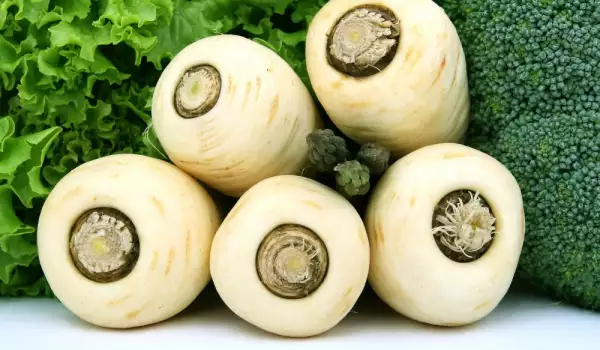
- Vegetables and legumes - carrots, corn or sweet corn in small amounts, zucchini, green peppers, cucumbers, eggplants, dill, ginger, lentils, also limited amount, lettuce, olives, parsnips, parsley, radishes, potatoes, pumpkin, spinach, tomatoes (without cherry tomatoes), turnip.
- Fruit – blueberries and cranberries, grapes, kiwi, banana, lemon, lime, tangerines, oranges, pineapple, papaya, raspberries, strawberries.
- Meat – chicken, pork, beef, lamb, turkey, minced meat, meat delicacies.
- Fish and seafood – fresh fish such as trout, salmon, cod, flounder, canned tuna, crabs, lobsters, mussels, shrimps, oysters.
- Cereals and grains, nuts - wheat and gluten-free bread, corn bread, barley, rice, potato flour, wheat and gluten-free pasta, white and brown rice, rice bran, coconut, peanuts, almonds, hazelnuts, walnuts, macadamia, buckwheat, millet, polenta, popcorn, pumpkin seeds, sesame seeds, sunflower seeds.
- Condiments, sweeteners, additives - lutenitsa, dark chocolate, glucose, maple syrup, mustard, olive oil, peanut butter, soy sauce, sweet and sour sauce, sugar, vinegar (wine and rice).
- Drinks - coffee, espresso, fruit and herbal teas, lemonade, soy milk, diet cola in small quantities, water.
- Dairy products and eggs - butter, cheeses without those that contain mold, eggs, milk and lactose-free yogurt, oat milk, rice milk, soy protein in small amounts, tofu.
The choice of a diet for irritable bowel syndrome is specified and foods that are not well accepted by the body are eliminated.
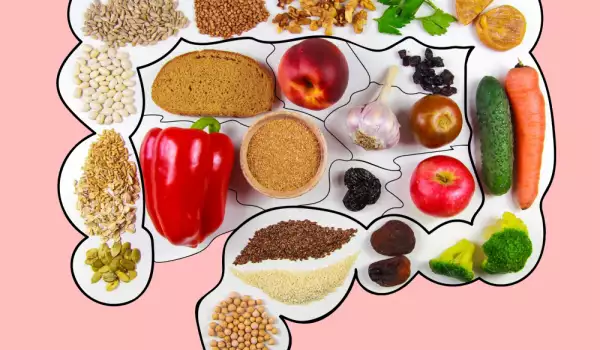

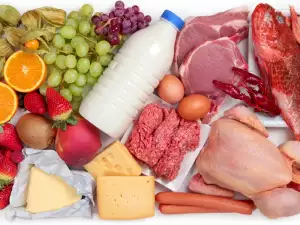



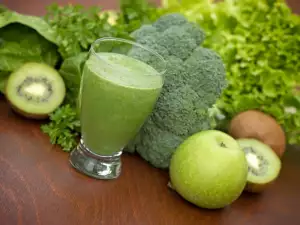


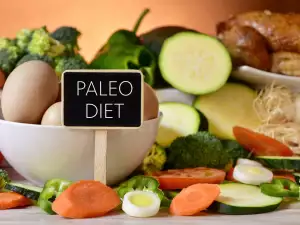










Comments